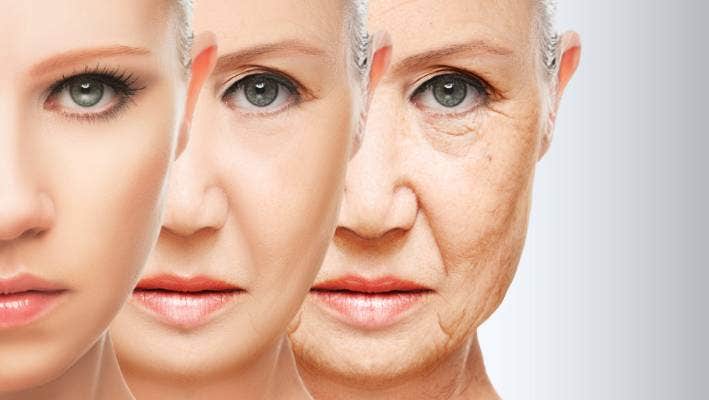As we age, our chronological age increases, but our subjective age may not always match up with the number of candles on our birthday cake. Studies have consistently found that feeling younger than our chronological age is usually associated with better health and can serve as a “biopsychosocial marker” predictive of healthy aging.
Feeling Younger Than Your Age: The Link Between Subjective Age and Healthy Aging

The Correlation Between Subjective Age and Better Health
Research suggests that middle-aged and older adults today may be feeling younger than their counterparts in the past. A study published in Psychological Science reported that adults have been feeling younger over time, even when accounting for other factors that could influence subjective age such as chronic illness, loneliness, and education level.
Feeling younger may reflect having more resources than stress, as overall improved health, higher life expectancy, and better resources are available today than in decades past. However, there could also be a less positive possible explanation for this recent shift toward a more youthful state of mind: Ageism. People could be feeling younger because they don’t want to belong to the group of older adults, which could be a coping mechanism against ageism and aging.
Women reported feeling younger than men of the same age, a gap that has only widened in recent years, which may explain some of the trends in youthful feeling. People with more education had younger subjective ages than those with lower levels of education.
Feeling Younger Over Time: Recent Trends in Subjective Age
Our subjective age is not only a marker of aging but also a state of mind, and mood seemed to influence people’s subjective age, at least in the short term. Physical activity and stress reduction also have a positive long-term effect on subjective age.
Feeling younger than your chronological age has been linked to a range of health benefits, including lower risk of dementia and depression, better cognitive function, and even a longer lifespan. In fact, research has found that older adults who feel young at heart may not only live longer, but may also have more life satisfaction and better health in the future.
One possible explanation for the link between subjective age and healthy aging is that feeling younger may reflect having more resources than stress. With overall improved health, higher life expectancy, and better resources available today than in decades past, people may feel more youthful.
Possible Explanations for Feeling Younger
However, there may also be a less positive possible explanation for this recent shift toward a more youthful state of mind: Ageism. People could be feeling younger because they don’t want to belong to the group of older adults, which could be a coping mechanism against ageism and aging.
It’s worth noting that our subjective age is not only a marker of aging but also a state of mind, and mood can influence people’s subjective age, at least in the short term. For example, a study found that if you make adults feel sad, by giving them sad readings or music, they feel older afterward. The opposite could be true, too. Another study found that older adults who were given positive feedback on a memory test and told that they performed well compared with others their age tended to feel younger afterward. They also performed better on a subsequent test.
Mood and Subjective Age: Short-Term Effects
Physical activity and stress reduction also have a positive long-term effect on subjective age. Research has found that older adults who engage in regular physical activity tend to feel younger than their sedentary peers, and that stress reduction techniques such as mindfulness meditation may also help to lower subjective age.
In conclusion, feeling younger than your chronological age may be a good thing for your overall health and can serve as a “biopsychosocial marker” predictive of healthy aging. While the reasons for this link are not yet fully understood, it’s clear that managing expectations and maintaining a positive mindset are important for a healthy aging journey.
Must Read: Daily Habits That Boost Your Positive Mental Health










Leave a Reply